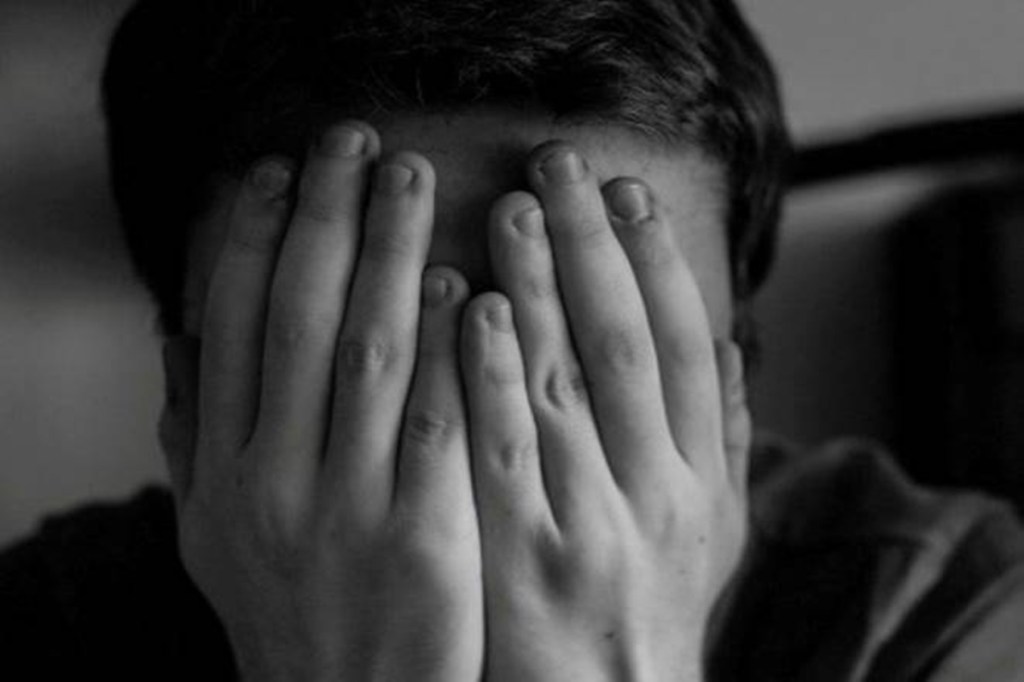The pandemic, associated lockdowns and distancing requirements, and the isolation that these bring, did ensure focus on mental health issues—the WHO has also issued guidelines on handling these. The isolation from limited public interaction is having a bearing on societies. Japan, therefore, has done well to appoint a loneliness minister, to tackle rising suicides in the country; the suicide rate has risen for the first time in eleven years. As per Japan Times, PM Yoshihide Suga granted minister Tetsushi Sakamoto the additional portfolio of ‘loneliness’. Japan, though, is not the first economy to appoint a loneliness minister, Britain did it in 2018. The ministry is expected to come up with ways to address factors impacting mental health, including increasing incidence of child poverty; the country has seen a marked worsening of suicide among women.
In India, despite government efforts, mental health issues remain a stigma. There have been multiple attempts by government to counter rising suicide, especially among students, but these rates have increased. It also seems like attention on mental health in the country has not expanded beyond an academic focus, outside government and marginal non-governmental efforts. NCRB data shows that in 2019, a person died of suicide every four minutes in the country. One in every three took the step due to family problems. Reporting related to mental health issues in India is limited. Although film-stars going public with their battle with depression has helped mainstream a discussion on mental health, more needs to be done. Perhaps, the government, following the Japanese example, can think of a ministry of loneliness.

